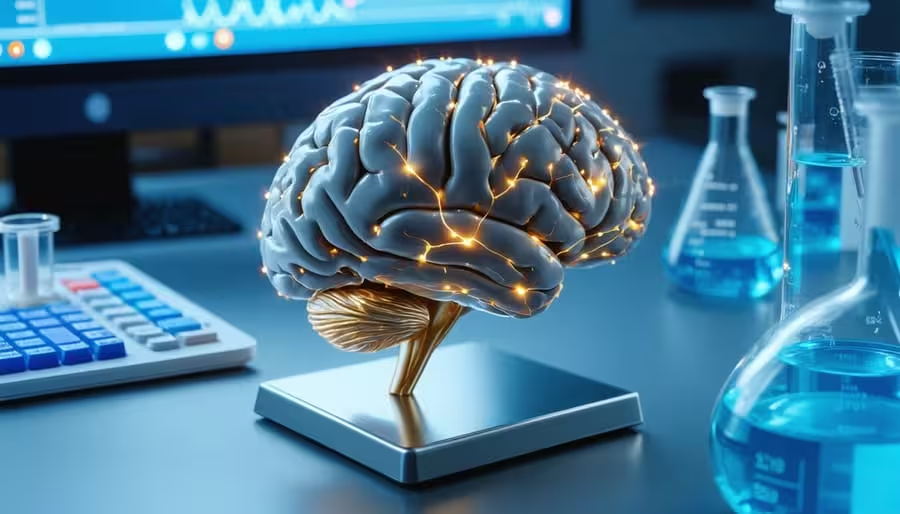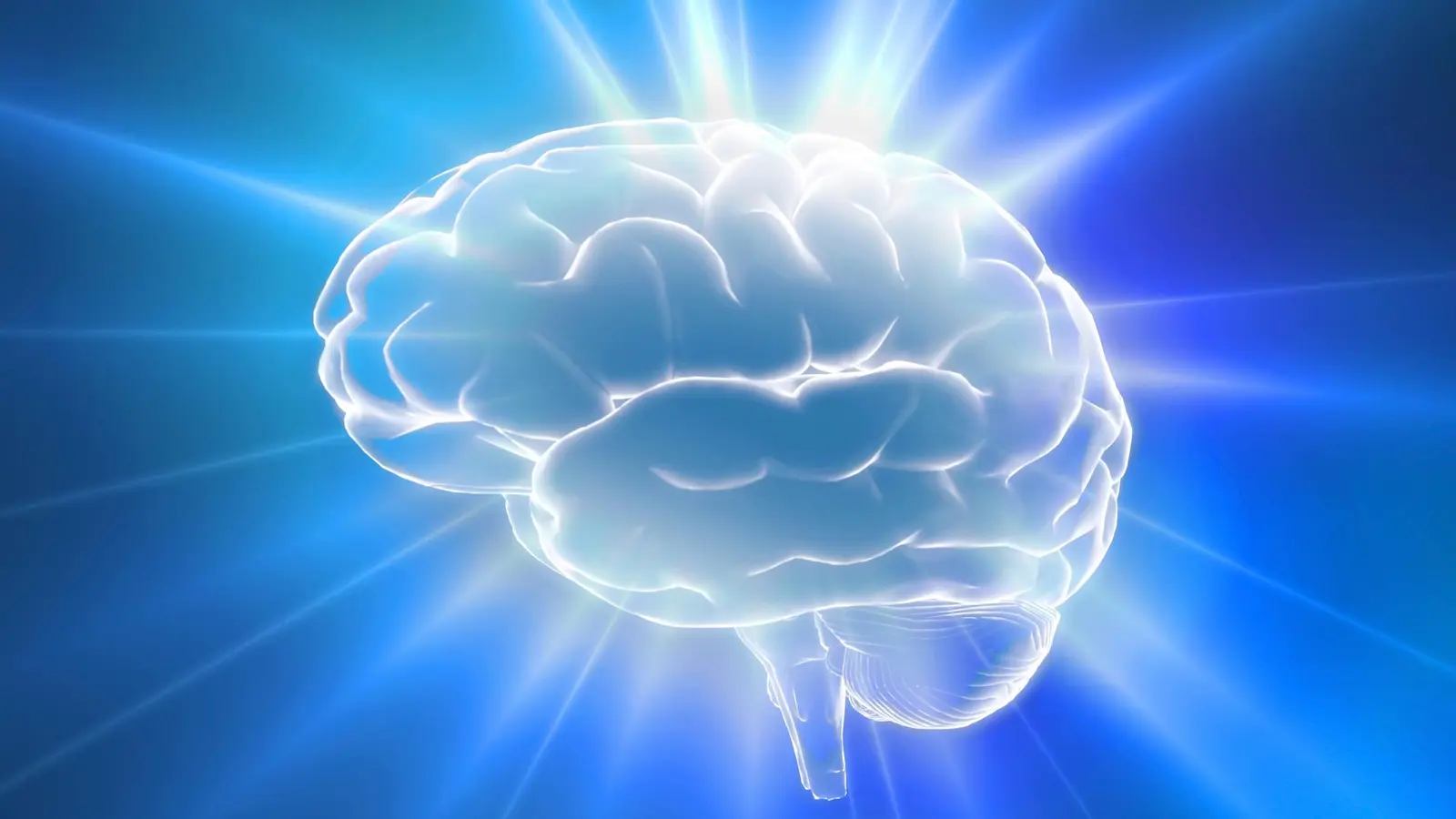4 Minutes
Natural fluctuations in sex hormones do more than influence mood: a new set of experiments shows they change how the brain registers rewards and learns from them. Researchers report that estrogen modulates molecular pathways tied to dopamine — the neurotransmitter central to reward signaling — and that these shifts affect learning performance across the reproductive cycle.
Laboratory clues: hormones, dopamine and reward signals
Scientists from New York University, NYU Grossman School of Medicine, and Virginia Commonwealth University tracked neural activity in female rats as the animals learned to associate audio cues with access to water. The pattern was consistent: higher estrogen levels amplified dopamine-related activity in the brain’s reward centers, and those amplified signals coincided with faster or more robust learning of cue–reward relationships.
In practical terms, the rats were quicker to anticipate and locate the water source when estrogen was elevated. When estrogen signaling was suppressed, dopamine responses were dampened and learning performance dropped — a change that was specific to learning processes rather than to general decision-making or motivation.
The results appear in Nature Neuroscience and provide a mechanistic bridge between hormonal state and the brain’s reward circuits. “There is a growing realization in the medical community that changes in estrogen levels are related to cognitive function and, specifically, psychiatric disorders,” said Christine Constantinople, a professor at NYU’s Center for Neural Science and senior author on the paper. Carla Golden, the study’s lead author and an NYU postdoctoral fellow, added, “Our results provide a potential biological explanation that links dopamine’s function with learning in ways that better inform our understanding of both health and disease.”

Why this matters: implications for mental health and cognition
The study does more than map a molecular stepping-stone; it suggests a reason why symptoms of many neuropsychiatric disorders can wax and wane with hormonal states. Depression, anxiety, schizophrenia and other disorders often show fluctuations in symptom severity across hormonal cycles — during puberty, the menstrual cycle, pregnancy, or menopause — and the new findings point to estrogen’s role in modulating reward-based learning and the dopamine system as a likely contributor.
That specificity is important. The researchers found learning-related processes — the ability to update behavior based on reward signals — were altered by estrogen, whereas broader decision-making remained largely intact. In clinical terms, this could help explain why some patients experience episodic changes in motivation, reward sensitivity, or learning ability linked to hormonal transitions.
Experimental detail and translational caution
The experiments used electrophysiological and behavioral assays in rodents, tracking how neural ensembles responded to conditioned cues tied to water volume. While the rat model gives a controlled window into circuit-level mechanisms, translating those findings to humans requires careful follow-up: human brains are more complex, and hormonal systems interact with many environmental and genetic factors. Still, the discovery of hormone-driven molecular changes that modulate dopamine offers clear targets for future research.
Looking ahead, researchers anticipate follow-up studies that will test whether pharmacological or behavioral interventions can stabilize dopamine-related learning during hormonal transitions — a line of inquiry with potential to inform treatments for mood and cognitive disorders tied to reproductive states.
In short, estrogen doesn’t just influence reproduction: it fine-tunes how the brain learns from rewards, and that tuning may be a missing link connecting hormonal cycles to cognitive and psychiatric outcomes.
Source: scitechdaily


Leave a Comment